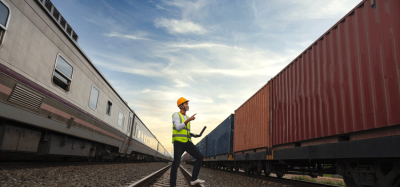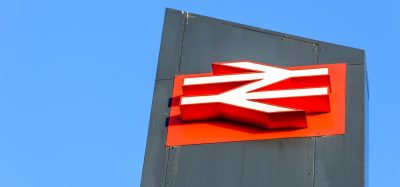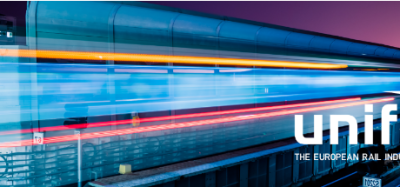CER and UNIFE call for rail to be integrated into European post-COVID-19 recovery
Posted: 21 April 2020 | Global Railway Review | No comments yet
CER and UNIFE have written an open letter to European rail ministers highlighting the importance of integrating rail into the European Union’s post-COVID-19 recovery.


The Executive Director of the Community of European Railway and Infrastructure Companies (CER), Libor Lochman, and the Director General of UNIFE, Philippe Citroën, have written a letter to Executive Vice-President for the European Green Deal, Frans Timmermans, European Commissioner for Transport, Adina Vălean, Commissioner for Cohesion and Reforms, Elisa Ferreira and European transport ministers, outlining the need to integrate the rail sector into the European post-COVID-19 crisis recovery, in the context of the upcoming revision of the Multi-Annual Financial Framework (MFF).
Outlining the importance of the rail industry, the letter states: “Rail can provide reliable, low-emission transport, helping to meet immediate-term emission reduction goals. However, policy actions need to be geared towards rail, and ensure that low-emission passenger, freight and urban transport options are supported over less environmentally friendly modes.”
Continuing, the letter emphasises the need for the MFF that is developed for the post-pandemic situation does not: “Look to return to the status quo, and that the ambitions of the European Green Deal are not forgotten, but become a reality. The next MFF, particularly the Connecting Europe Facility (CEF 2), the next generation of Structural Funds and the Horizon Europe Framework Programme, need to be front and centre in ensuring the right approach to transport in the coming years, and should seek to make rail the core element of the European transport system, the backbone of mobility of tomorrow.”
In support of the request, the letter outlined how recent events have highlighted the importance of investing in reliable economic actors, like rail:
- Investments in Europe’s rail infrastructure benefits European society as a whole, ensuring the safe and reliable transportation of people and goods, even amidst health crises such as the one stemming from COVID-19 – further expansion and renewal of the existing infrastructure will offer significant opportunities to improve Europe’s economy
- Rail freight companies have proved their strength in offering efficient cross-border cargo connections for large volumes of goods using minimal human resources – investing in the right resources and technologies allowing to maximise infrastructure capacity will help rail freight achieve its true potential
- As Europe has suffered under the impact of the COVID-19 pandemic, railways have stepped up to provide essential services to the population, while at the same time bearing the considerable financial impact of the collapse in regular passenger and freight numbers. An additional challenge will be the resumption of international rail passenger services that have come to an almost standstill due to closure of borders within and outside the European Union (EU) – European investments in rail infrastructure will reassure passengers and public and private financing in railways
- European rail manufacturers have continued to work at their best to provide the technology and innovation necessary for rail transport to get through the socio- economic storm provoked by COVID-19 – safeguarding the global competitiveness of the European rail supply industry will ensure that the digital and innovation uptake of rail transport continues to advance, including in the ERTMS field.
Concluding the letter, Libor and Philippe write: “The changes to Europe coming from the COVID-19 crisis will be long-lasting, but we believe that, by looking at the economic opportunities and environmental benefits offered by a renewal and improvement of the European rail network, EU leaders can use this as a cost-efficient opportunity to meet several goals at once. Therefore, the new MFF should have the Green Deal at its core. In this regard, it should look to an expanded CEF 2 with an increased budget, an ambitious Cohesion Policy and a strong Horizon Europe Framework Programme that ensures the extension of the Shift2Rail Joint Undertaking.”
Related topics
Cargo, Freight & Heavy-Haul, Coronavirus/COVID-19, European Rail Traffic Management System (ERTMS), Funding & Finance, Regulation & Legislation
Related organisations
Community of European Railway and Infrastructure Companies (CER), European Union (EU), UNIFE (the European Rail Supply Industry)
Related regions
Related people
Adina Vălean, Elisa Ferreira, Frans Timmermans, Libor Lochman, Philippe Citroën








